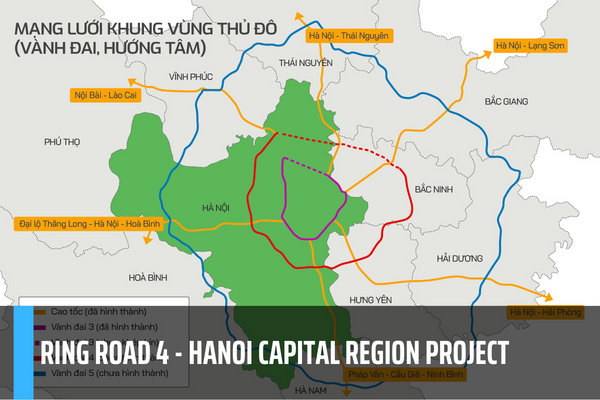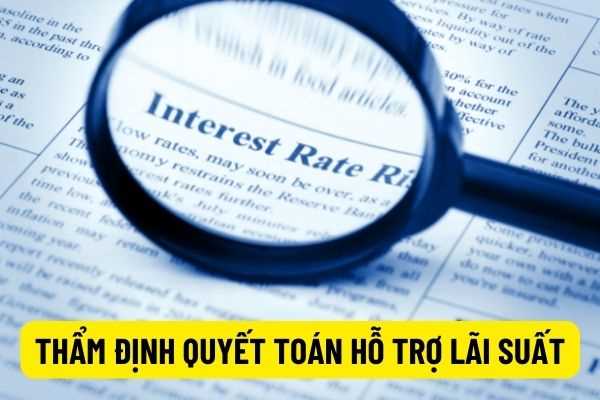If the entirety of a wholly state-owned enterprise is sold, what is the regime for employees in Vietnam?
Regulations on the cost of selling entire wholly state-owned enterprises in Vietnam
Pursuant to Article 30 of Decree 23/2022/ND-CP stipulating:
“Article 30. Costs for selling the entire enterprise
1. Costs for selling the entire enterprise are costs directly related to the process of selling the enterprise from the time of decision to sell to the time of handing over the enterprise to the auction winner. Costs for selling the entire wholly state-owned enterprises shall be approved and settled by the owner's representative agency. The General Director (Director) of the enterprise to be sold shall decide on a specific expenditure level according to the contents approved by the owner's representative agency and take responsibility before law for his decision. The costs of selling the enterprise must be fully justified, valid and economical according to current regulations.
2. Cost of selling the entire enterprise includes:
a) Direct costs at the enterprise: Cost of inventory and determination of enterprise value; Costs for making plans to sell the business; Costs for organizing an employee conference to sell the entire enterprise; Costs for propaganda and information disclosure activities about enterprises; Costs for organizing business auctions.
b) Fees for hiring an intermediary financial institution to advise on valuation and conduct business auctions. The payment of costs to the consulting organizations is based on the contract signed between the related parties.
c) Other costs related to the process of selling the whole enterprise (if any).
3. The cost of hiring an audit of the financial statements at the time of enterprise valuation, which is indeterminate, is the cost of selling the entire enterprise, the sold enterprise shall be accounted into production and business costs in the following period. regulations.
4. In case the business cannot be sold or stops selling, or the expected revenue from the sale of the entire enterprise is not enough to cover the implementation costs, the owner's representative agency shall consider and decide to handle the sale. The costs of selling the enterprise shall be accounted into the enterprise's costs, and the enterprise shall not be deductible when determining taxable income if it continues to be a wholly state-owned enterprise. If the enterprise arranges in other forms, the agency representing the owner shall send a written request to the Ministry of Finance to allocate the budget to cover selling costs together with relevant documents.”
Thus, the cost of selling the entire wholly state-owned enterprises is the amount related to the sale of the business from the time of sale decision to the time of handing over the enterprise to the auction winner. Costs of selling the entire wholly state-owned enterprises, including direct costs at the enterprise; rent from a financial institution to advise on valuation, conduct business auctions and other costs related to the business sale process.

If the entirety of a wholly state-owned enterprise is sold, what is the regime for employees in Vietnam?
Use of proceeds from the sale of the entire wholly state-owned enterprises in Vietnam
Pursuant to Article 31 of Decree 23/2022/ND-CP stipulates as follows:
“Article 31. Management and use of proceeds from the sale of the entire enterprise
The proceeds from the sale of entire wholly state-owned enterprises, after deducting costs for selling the entire enterprise, costs for implementing policies for employees and managers. shall be remitted to the central and local budgets according to the Government's regulations.”
Accordingly, the proceeds from the sale of the entire wholly state-owned enterprises will be deducted from costs in the process of selling the business, policy implementation costs for employees and management leaders. The remaining costs will be remitted to the central or local budgets according to the Government's regulations.
If an entire wholly state-owned enterprise is sold, will the Vietnamese employees receive any support?
Pursuant to Article 32 of Decree 23/2022/ND-CP stipulates as follows:
“Article 32. Regimes for employees and people holding leadership and management titles when selling the entire enterprise
1. Employees are allowed to continue working at the enterprise after the sale by a new labor contract.
2. The employee who terminates the labor contract is entitled to the job loss or job severance allowance according to the provisions of the labor law or the policy for redundant employees when selling the entire enterprise.
3. Employees who are eligible for the retirement regime shall comply with the provisions of the law on social insurance and other benefits in accordance with the provisions of the labor law.
4. Chairman and members of the Members' Council or the Chairman of the Board of Directors of the company, the General Director (Director) and the Controller working under the appointment regime are considered by the owner's representative agency on a case-by-case basis to arrange jobs after the sale of the business. In case they work under the appointment regime but cannot arrange jobs, they will be dealt with by the regime of downsizing according to regulations.”
Thus, after selling the enterprise, the employee will continue to work at the enterprise by a new labor contract. If the employee terminates the labor contract after selling the business, he/she will receive unemployment allowance and severance allowance.
LawNet


